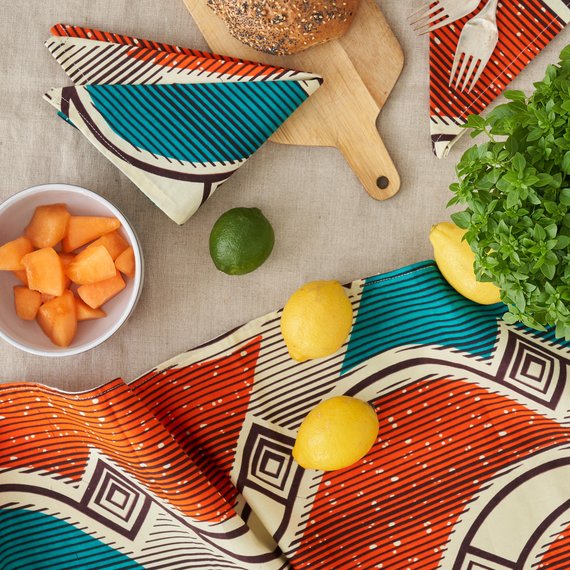Recession-Proof Your Finances Using these African Life Skills
With so much talk about the incoming recession looming over us, one cannot help but wonder about what our ancestors were doing during pre and post colonial times of abundance to enable them get through tough times of lack. Africa is wealthy and rich in resources but of course, its people and assets have been exploited for so long. And although most African countries had their own forms of currency and commerce – the former being mostly objects of value such as shells, beads, jewellery and even woven cloth, it is not in the same way that we now define money using paper currency, coins and digital credit. With all that said, in this article, I believe that learning is life-long and you can use the skills gained from your geographical background to help you get further. In this case, I would like to share my opinion on how you can recession-proof your finances using these African life skills that I am also learning to put into practice.
Always use available cash whenever possible to make purchases
Africa may not be recession-proof but for the most part, its countries have always been a cash societies. The benefit of that is being able to track your spending manually because when you spend cash, you are less likely to overspend. It actually helps you save more money in the long run. It enables you budget properly and think twice about spending for things that are wants but not actually necessary needs. In a cash society, you wait until you have the full amount of funds to make a purchase and once your item is paid for, it is yours to keep forever. If you don’t have enough funds, you wait until the moment you have it and therefore living above one’s means is never an option. Obviously, things are changing in several countries, where they are becoming cashless societies due to the introduction of credit and debit cards but at the heart of it, cash will always an important way in which people pay for commodities – essential or not.
Cultivate a green thumb and learn how to grow your own food
Inflation, supply chain issues and food shortages – you have probably heard about it all by now. With prices of food in the grocery stores going sky high, maybe its time to go back to the basics. Learning how to grow your own food will help you avoid paying an arm and a leg for your groceries due to inflation. Doing some gardening is a recession-proof idea that will have you save more money and reduce your overall food-related expenses. Plus, if done properly, you will be eating fresh, organic and nutritious food that tastes great, all grown from your own home garden. Got surplus food? You can always preserve it for rest of the year or for months when you can’t have a garden such as in the winter.
Practice group economics to keep small businesses alive
It really does “take a village” to keep a community alive. And from what I can remember coupled with my personal research, I know that back then before the advent of big government systems or structures, small groups of people (often from the same tribe/clan or village) would practice group economics to enable both themselves and their community to thrive. What is group economics? Well, it can be understood as the method and means through which a group of people with a common economic interest are able to achieve secure and sustainable economic well-being for themselves. For example, pooling resources together towards a particular goal for the benefit of the entire group or choosing to purchase from your local Black-owned businesses and so on.
Become a minimalist who consumes with careful intention
Consumerism promotes an ideology that the more we spend or consume, the better our economy will be. This way of thinking has already permeated much of the West, especially North America resulting in a massive shift towards materialism, competition and individualism. One effect of consumerism is a rapid growth in wealth gap between the rich and poor – putting more profit in the hands of those who own all the means of production. In a sharp contrast to this, African societies have always valued sharing and community where money is often spent on necessities and not just luxuries. As a rule of thumb, those who had more shared with those who had little and as a result, the entire community was able to move forward. When you consume with intention, you are able to avoid waste and keep the money in your pockets longer.
Given the current state of our global economy, becoming more self-sufficient and saving money in order to potentially recession-proof your life is not only an important thought but a welcome idea. Many countries and communities in Africa have indeed practiced these skills to help their communities thrive, even with the little that they have.
Which one of these recession-proof life skills are you going to try?

 Image source
Image source




